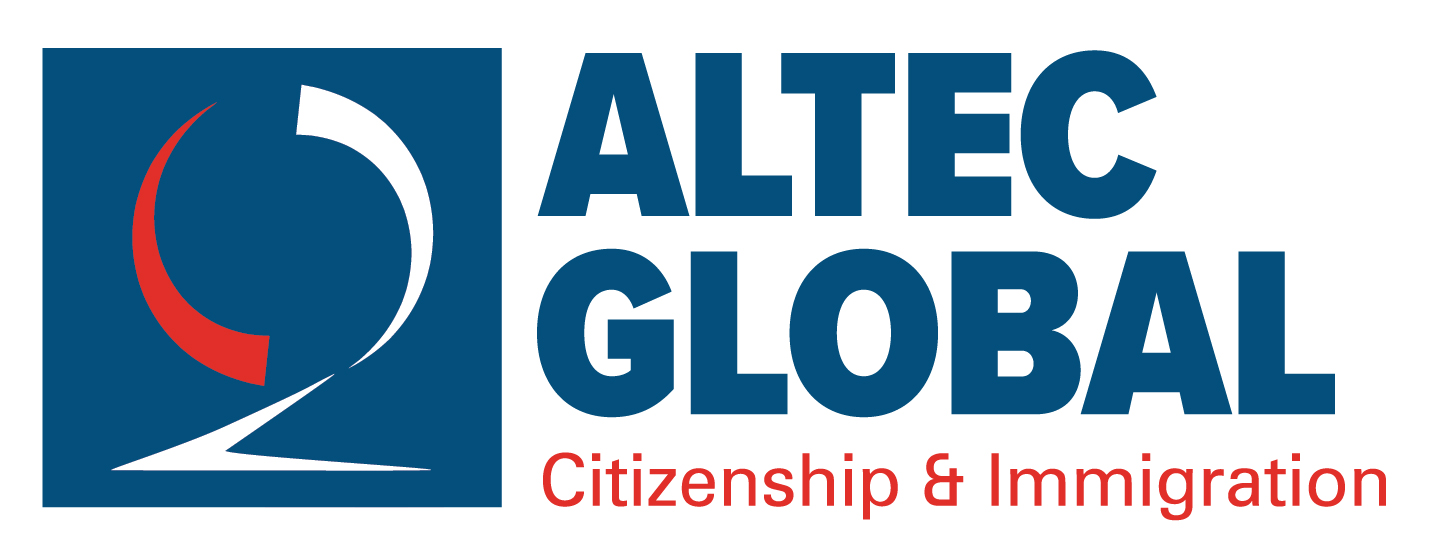Canada, renowned for its breathtaking landscapes and diverse culture, welcomes millions of temporary residents each year. However, unless you’re a Canadian citizen, permanent resident, or from a visa-exempt country, you’ll typically need a Temporary Resident Visa (TRV) to visit this remarkable nation. Whether you’re a tourist, temporary foreign worker, or international student, understanding the TRV process is crucial. In this blog post, we’ll dive into the essentials of the TRV, from requirements to validity and dual intent possibilities.
Understanding the Temporary Resident Visa
A Temporary Resident Visa, issued by a Canadian Immigration Visa Office, serves as evidence that you meet Canada’s admission requirements as a visitor. It’s essential to note that holding a TRV doesn’t guarantee entry into Canada or grant temporary resident status; it’s simply a prerequisite for your temporary visit.
Temporary Resident Visa Requirements
Obtaining a Temporary Resident Visa involves several key steps:
- IRCC Forms: Complete the necessary Immigration, Refugees, and Citizenship Canada (IRCC) forms.
- Fees: Pay the relevant processing and biometric collection fees.
- Supporting Documents: Submit essential supporting documents with your application, including passport photos, proof of financial support, and copies of your return ticket or travel itinerary (if applicable). The specific documents required may vary based on the visa office responsible for your region.
Temporary Resident Visa Validity
The validity of a TRV can vary. If there’s no stamped expiry date in your passport, your temporary resident status will typically expire six months from your arrival in Canada.
Multiple Entry vs. Single Entry Visa
Understanding the distinction between a multiple entry visa and a single entry visa is vital:
- Multiple Entry Visa: This is the standard TRV type and allows entry into Canada from any country as often as needed during its validity period, which can extend up to 10 years or one month before your travel document’s expiry date.
- Single Entry Visa: Issued for specific one-time events or short-duration visits to Canada, single entry visas are typically reserved for unique circumstances. An officer must provide an explanation when issuing a single-entry visa.
Extending Your Stay
If you wish to prolong your stay in Canada, you can apply online or through a paper application for an extension. It’s advisable to submit your extension application at least 30 days before your current status expires. If your temporary resident status expires while your extension application is under review, you can stay in Canada under-maintained status until a decision is reached.
Studying and Working in Canada on a Temporary Resident Visa
- Studying: International students usually require a study permit to pursue educational programs in Canada. However, if your program lasts less than six months, a study permit isn’t mandatory.
- Working: In general, a work permit is required for foreign nationals to work in Canada. If you possess valid temporary resident status, you can apply for a work permit. While awaiting the permit’s decision, you may remain in Canada under-maintained status.
Sponsoring a Spouse or Partner
Spouses or family members from visa-required countries who have submitted family class permanent residency applications can apply for a TRV to join their sponsors in Canada. Notably, IRCC’s updated approach to spousal TRV applications has significantly increased approval rates, allowing families to reunite while awaiting permanent residency processing, with processing times reduced to 30 days.
Dual Intent and Permanent Residence
Canada acknowledges dual intent, meaning foreign nationals can apply for or intend to apply for permanent residence in the future while entering Canada temporarily as visitors, students, or workers. Having dual intent is legitimate, but it doesn’t negate your obligation to meet temporary resident requirements, including leaving Canada when your authorized stay ends.
Navigating the intricacies of Canada’s Temporary Resident Visa (TRV) is essential for a smooth and enjoyable visit to this beautiful country. Understanding the requirements, visa types, and possibilities for extensions, work, or study can make your stay in Canada a rewarding experience. Whether you’re planning a short visit or contemplating permanent residency, Canada’s immigration policies offer a clear path to achieving your goals while exploring this vibrant and diverse nation.


Recent Comments